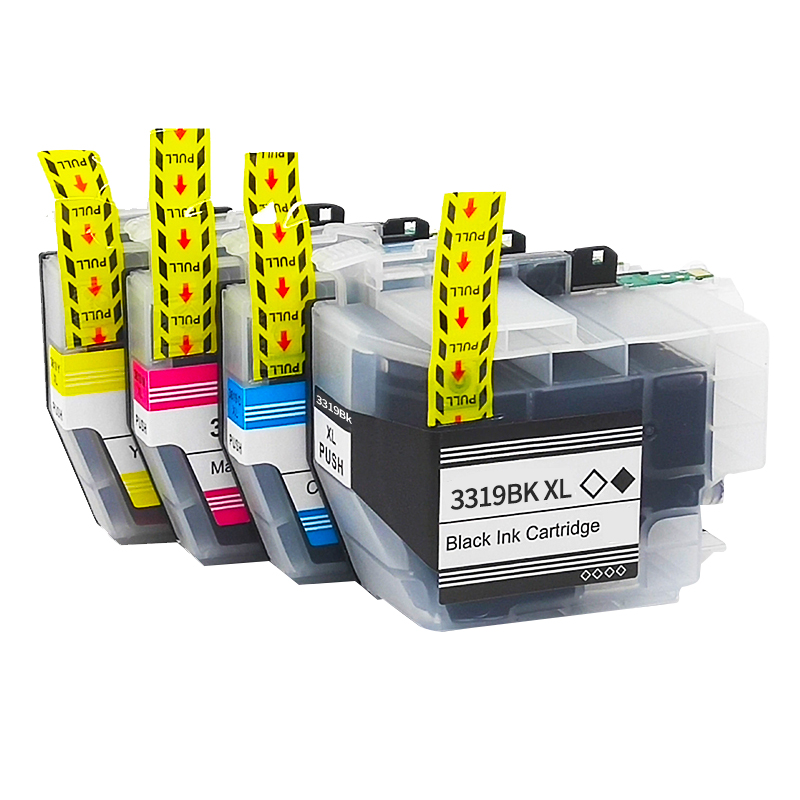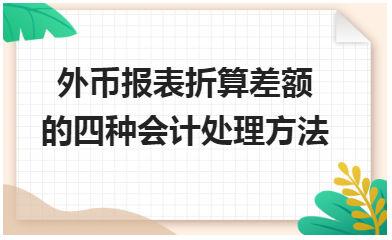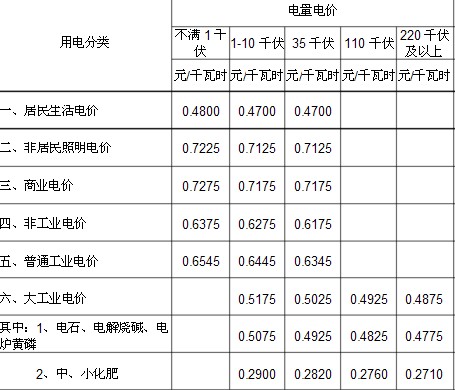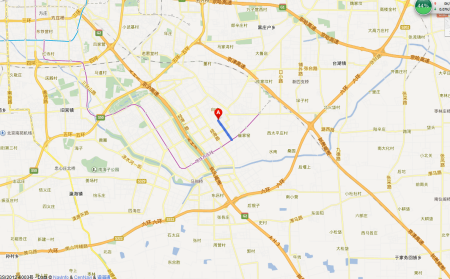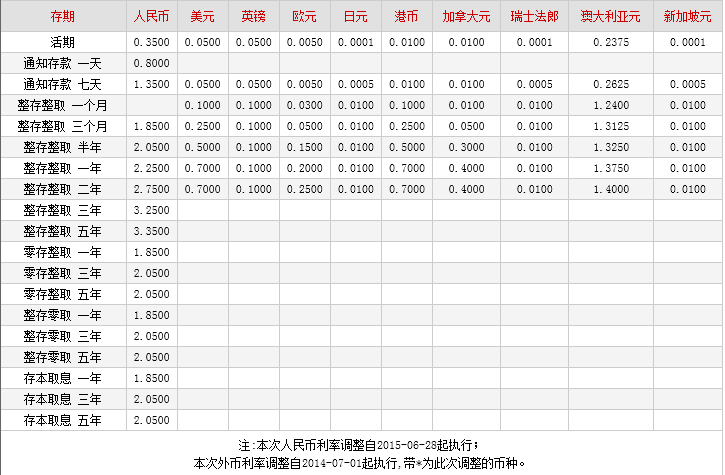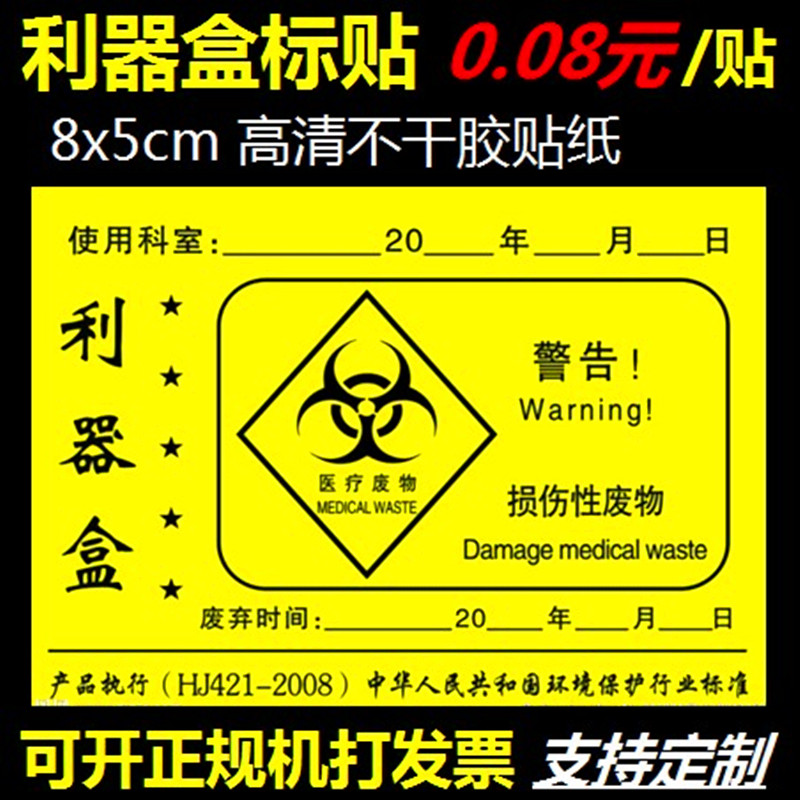一、英语作文:介绍白求恩
Dr.Norman Bethune, born in Ontario, Canada in 1890, came to China in 1938. Then he presided the building of hospital and the establishing of the hygiene schools. He compiled various teaching materials and taught students in person. In the autumn of 1939, he intended to return back,but he gave up in order to help the patients. He, due to the infection, died on November 25th. Though he have passed away, he is the hero in Chinese's mind and will be remembered by all the Chinese people.
二、翻译白求恩简介
白求恩简介:Norman Bethune, a Canadian communist party, international famous surgeon. In order to help the Chinese people's struggle against Japan, in 1938, obstinate obstruction distances, the breakthrough came to yanan, in June, the shanxi-chahaer-hebei border areas against Japanese lead into the mobile medical team is active in shanxi, hebei provinces. He always disregard danger, visit the front line, execute medical operation, thus on-site operation tele-instruction greatly reduced the death, saved many soldiers' lives.
三、白求恩的英文简介.
Dr. Norman Bethune 1922Henry Norman Bethune, MD (March 3, 1890 – November 12, 1939) was a Canadian physician, medical innovator, a member of the Communist Party of Canada, and humanitarian. In Chinese, he is known as "Bai Qiu-en" .
Dr. Bethune was born in Gravenhurst, Ontario, Canada. His grandfather, Norman Bethune was also a noted Canadian physician and founder of one of the first medical schools in Toronto.
After graduating from the University of Toronto as a doctor, Bethune moved to Montreal where he was associated with McGill University and taught thoracic surgery. Bethune was an early proponent of universal health care, the success of which he observed during a visit to the Soviet Union. As a doctor in Montreal, Bethune frequently sought out the poor and gave them free medical care. As a thoracic surgeon, he travelled to Spain (1936-1937) and China (1938-1939) to perform battlefield surgical operations on war casualties.
Bethune's work in Spain in developing mobile medical units was the model for the later development of Mobile Army Surgical Hospital (MASH) units. The need to provide blood transfusions in a battlefield context led him to develop the first practical method for transporting blood.
Canadian Blood Transfusion Unit which operated during the Spanish Civil War. Dr. Norman Bethune is at the right. ca. 1936 - 1937 / SpainThe Communist Party of Canada (CPC) asserts that Bethune, who joined the party in 1935, acted out of devotion to the Chinese socialist movement. Some in the West, however, have been highly skeptical to the notion and generally believe the doctor's motivation was exclusively based on humanitarian considerations. The fact remains that Bethune went to Spain soon after joining the Communist Party of Canada to help in the struggle against fascism, and then went to China to help the Communists there against Japanese imperialism. It is also noted in his most recent biography, The Politics of Passion, by Larry Hannant, that he specifically refused to work under Chiang Kai Shek's Nationalist government and insisted on helping the Chinese Communists instead. He is the only Westerner to have a statue in Communist China, and also has a hospital and a medical school named in his honour.
Virtually unknown in his homeland during his lifetime, Doctor Bethune finally received international recognition as Chairman Mao Zedong of the People's Republic of China published his essay entitled In Memory of Norman Bethune (in Chinese: 纪念白求恩), which documented the final months of the doctor's life in China. Mao went ahead and made the essay required reading for the entire Chinese population. Mao concluded in that essay: We must all learn the spirit of absolute selflessness from him. With this spirit everyone can be very useful to the people. A man's ability may be great or small, but if he has this spirit, he is already noble-minded and pure, a man of moral integrity and above vulgar interests a man who is of value to the people.
Statue of Bethune in MontrealBethune College at York University, and Dr Norman Bethune Collegiate Institute (a secondary school) in Scarborough, Ontario, were named after Dr. Bethune. Heroic statues of Bethune have been erected throughout China.
Bethune also invented several surgical instruments that still bear his name.
Donald Sutherland played Bethune in two biographical films: Bethune (1977), made for television on a low budget, and Bethune: The Making of a Hero (1990). The latter was a co-production of Telefilm Canada, the Canadian Broadcasting Corporation, FR3 TV France and China Film Co-production.
In March 1990, to commemorate the centenary of his birth, Canada and China each issued two postage stamps of the same design in his honour.
In 1998, he was inducted into the Canadian Medical Hall of Fame.
In the CBC's The Greatest Canadian program in 2004, he was voted the 26th Greatest Canadian by viewers. In 2006 China Central Television produced a 20-part drama series,Dr Norman Bethune, documenting his life, which with a budget of Yuan 30 million (US$3.75 million) was the most expensive Chinese tv series to date. [1]
He attended Owen Sound Collegiate in Owen Sound, Ontario, now known as Owen Sound Collegiate And Vocational Institute. He graduated from OSCVI in 1911 along with William Avery "Billy" Bishop. Both names are inscribed on the School's Great War Memorial.
He is buried in Shijiazhuang, Hebei Province, China, where his tomb along with that of Dr. Dwarkanath Kotnis lie next to great memorials and statues to their honour. His ideals and teachings were instrumental in the formation and growth of the Medical College Democratic Students Association.
Bethune died on November 12, 1939, of blood poisoning from a cut he received when performing surgery, while with the Communist Party of China's Eighth Route Army in the midst of the second Sino-Japanese War.
四、急求白求恩英文简介
诺尔曼·白求恩(Norman Bethune)(1890—1939),加拿大共产党员,国际共产主义战士,著名胸外科医师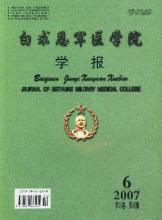 1890年3月3日生于加拿大安达略省格雷文赫斯特镇一个牧师家庭。青年时代,当过轮船侍者、伐木工、小学教员、记者。1916年毕业于多伦多大学医学院,获学士学位。曾在欧美一些国家观摩、实习,在英国和加拿大担任过上尉军医、外科主任。1922年被录取为英国皇家外科医学会会员。1933年被聘为加拿大联邦和地方政府卫生部门的顾问。1935年被选为美国胸外科学会会员、理事。他的胸外科医术在加拿大、英国和美国医学界享有盛名。
1890年3月3日生于加拿大安达略省格雷文赫斯特镇一个牧师家庭。青年时代,当过轮船侍者、伐木工、小学教员、记者。1916年毕业于多伦多大学医学院,获学士学位。曾在欧美一些国家观摩、实习,在英国和加拿大担任过上尉军医、外科主任。1922年被录取为英国皇家外科医学会会员。1933年被聘为加拿大联邦和地方政府卫生部门的顾问。1935年被选为美国胸外科学会会员、理事。他的胸外科医术在加拿大、英国和美国医学界享有盛名。
中文名: 诺尔曼·白求恩
外文名: Norman Bethune
国籍: 加拿大
出生地: 加拿大安达略省格雷文赫斯特镇
出生日期: 1890
逝世日期: 1939
职业: 国际共产主义战士 胸外科医师
毕业院校: 多伦多大学医学院
主要成就: 胸外科医术在医学界享有盛名
1935年11月加入加拿大共产党。德、意法西斯支持F.佛朗哥发动西班牙内战,他于1936年冬志愿去西班牙参加反法西斯斗争。中国抗日战争爆发后,为了援助中国人民的解放事业,1938年3月,他受加拿大共产党和美国共产党派遣,率领一个由加拿大人和美国人组成的医疗队来到延安。8月,任八路军晋察冀军区卫生顾问,悉心致力于改进部队的医疗工作和战地救治,降低伤员的死亡率和残废率。把军区后方医院建设为模范医院,组织制作各种医疗器材,给医务人员传授知识,编写医疗图解手册。倡议成立了特种外科医院,举办医务干部实习周,加速训练卫生干部。组织战地流动医疗队出入火线救死扶伤。为减少伤员的痛苦和残废他把手术台设在离火线最近的地方。11月底,率医疗队到山西雁北进行战地救治,两昼夜连续做71次手术。 1939年2月,率18人的“东征医疗队”到冀中前线救治伤员,不顾日军炮火威胁,连续工作69小时,给115名伤员做了手术。有一次,当某伤员急需输血时,他主动献血300毫升。他还倡议成立并参加了志愿输血队。有些伤员分散在游击区居民家里,他和医疗队冒着危险去为他们做手术。4个月里,行程1500余里,做手术315次,建立手术室和包扎所13处,救治伤员1000多名。为了适应战争环境,方便战地救治,组成流动医院,组织制作了药驮子,可装做100次手术、换500次药和配制500个处方所用的全部医疗器械和药品,被称为“卢沟桥药驮子”;制作了换药篮,被称为“白求恩换药篮”。7月初,回到冀西山地参加军区卫生机关的组织领导工作,提议开苏卫生材料厂,解决了药品不足的问题;创办卫生学校,培养了大批医务干部;编写了《游击战争中师野战医院的组织和技术》、《战地救护须知》、《战场治疗技术》、《模范医院组织法》等多种战地医疗教材。还将自己的x光机、显微镜、一套手术器械和一批药品捐赠给军区卫生学校。 白求恩在前线,曾多次给毛泽东写信,汇报他的工作情况,对医疗工作提出不少建议。毛泽东也非常关心白求恩的工作和生活。毛泽东在给晋察冀边区聂荣臻司令员的电报中指示:“请每月付白求恩一百元。白求恩报告称松岩口医院建设需款。请令该院照其计划执行。同意任白求恩为军区卫生顾问。对其意见、能力完全信任。一切请视伤员需要斟酌办理。”白求恩很感谢毛泽东对他的关心,他在复电中说:“我自己不需要钱。因为衣食等一切均已供给。该款若系由加拿大或美国汇给我私人的,请留作烟草费,专供伤员购买烟叶及纸烟之用。……” 1939年10月下旬,在涞源县摩天岭战斗中抢救伤员时左手中指被手术刀割破,后来给一个外科传染病伤员做手术时受感染,仍不顾伤痛,坚决要求去战地救护。他说:“你们不要拿我当古董,要拿我当一挺机关枪使用。”随即跟医疗队到了前线。终因伤势恶化,转为败血症,医治无效,于11月12日凌晨在河北省唐县黄石口村逝世。他在生命的最后时刻,仍怀着崇敬的心情,想念着毛泽东。他握着周围同志的手说:“请转告毛主席,感谢他和中国共产党给我的帮助。我相信,在毛主席的领导下,中国人民一定会获得解放。”
五、介绍白求恩的英语短文,120
Dr.Norman Bethune, born in Ontario, Canada in 1890, came to China in 1938.
Then he presided the building of hospital and the establishing of the hygiene schools. He compiled various teaching materials and taught students in person.
In the autumn of 1939, he intended to return back,but he gave up in order to help the patients.
He, due to the infection, died on November 25th. Though he have passed away, he is the hero in Chinese's mind and will be remembered by all the Chinese people.
翻译
诺曼·白求恩博士,1890年出生于加拿大安大略省,1938年来到中国。
然后他主持了医院的建设和卫生学校的建立。他编写了各种教材,亲自教学生。
1939年秋,他打算回国,但为了帮助病人,他放弃了。
他因感染于11月25日去世。虽然他已经去世了,但他是中国人心目中的英雄,将被所有中国人铭记。






